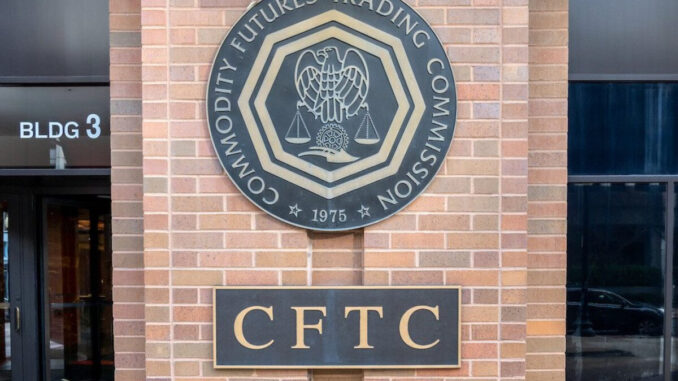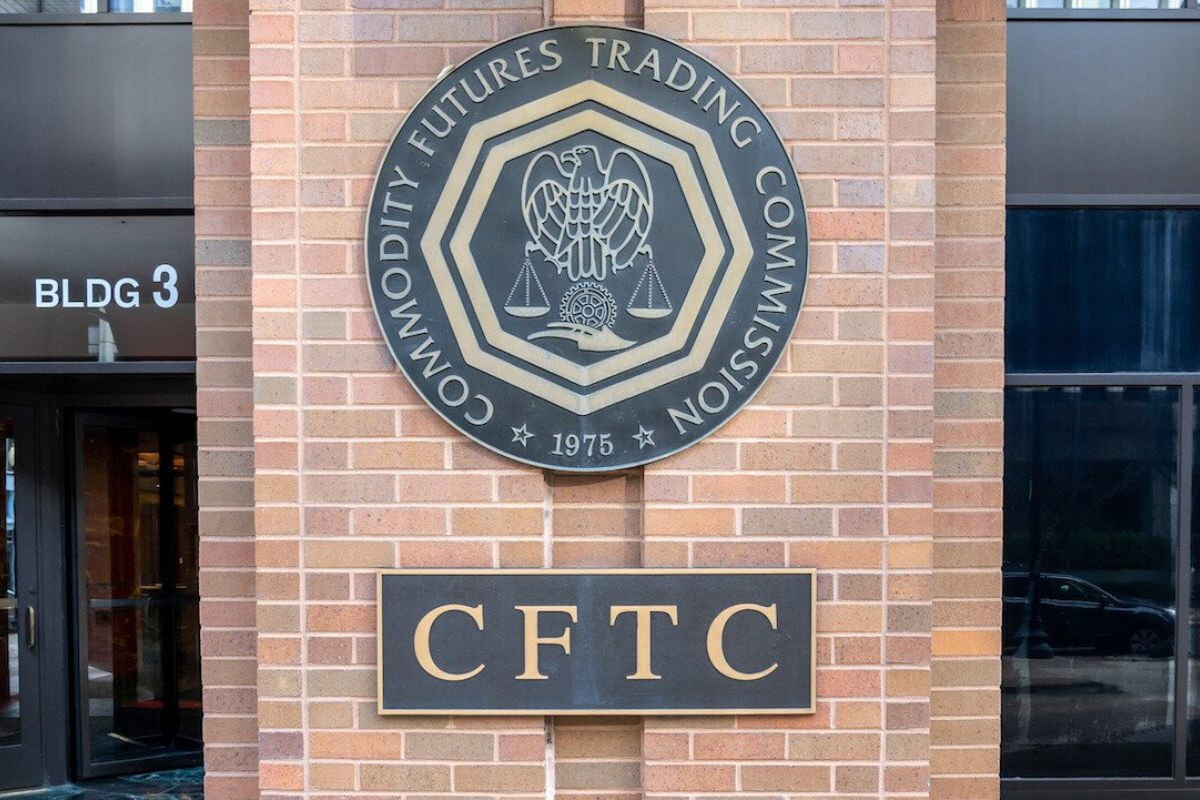
[ad_1]

Christy Goldsmith Romero, commissioner of the Commodity Futures Trading Commission (CFTC), has proposed the creation of a federal fraud database that would allow investors to identify individuals with bad reputations.
The registry aims to provide investors and law enforcement with easy access to information regarding past financial fraud convictions and civil fines, according to a report from Reuters.
It would be a centralized and searchable database of financial misconduct, allowing the public to guard against fraudulent activities.
Goldsmith Romero emphasized the need for such a comprehensive record that individuals can easily check before entrusting their money, trust, and business to others.
National Fraud Database to Benefit Both Public and Regulators
While some regulators maintain databases of disciplinary actions or consumer complaints, there is currently no national database that allows for efficient cross-referencing across federal agencies and state regulators.
“It’s really heartbreaking when you talk to people who become victims,” she said during a speech Monday in San Diego.
“This is about getting information out for people to arm themselves because it’s really hard to get money back for victims in fraud cases. So it’s better if we can stop it from happening in the first place.”
The creation of a centralized registry would not only facilitate public access to information but also enable the government to identify repeat offenders and act as a deterrent to potential fraudsters.
Goldsmith Romero initially proposed the registry several years ago while overseeing a crucial financial crisis bailout program in 2009.
Since joining the CFTC as a commissioner in March 2022, she has revived the idea, highlighting its relevance to the cryptocurrency sector.
Goldsmith Romero Mentions Prevalence of Fraud in Crypto
Goldsmith Romero also mentioned the prevalence of fraud in the crypto space and the fragmented nature of available information in an interview with Reuters.
“This was something I was thinking about again recently with respect to crypto,” she said.
“We know that fraud is massively present in the crypto space, but there’s so much disjointed information to people to try to get to.”
However, Goldsmith Romero acknowledged the challenges associated with establishing such a database.
Identifying a single agency to host the registry and securing the necessary initial funding would pose significant hurdles.
Nevertheless, her proposal seeks to address the disjointed information landscape and promote investor protection in an era where fraud remains a significant concern.
The call for a fraud database comes as crypto hacks remain a major issue in the world of digital assets.
So far this year, Web3 platforms have lost over $1.2 billion in hacks and rug pulls, according to a report from Web3 bug bounty platform Immunefi.
The report revealed a total of 211 separate incidents contributing to this massive sum, with the month of August alone accounting for $23.4 million in losses.
[ad_2]
Source link




